Understanding Canvas Dimensions And Resolution In FireAlpaca: A Comprehensive Guide
Understanding Canvas Dimensions and Resolution in FireAlpaca: A Comprehensive Guide
Related Articles: Understanding Canvas Dimensions and Resolution in FireAlpaca: A Comprehensive Guide
Introduction
With great pleasure, we will explore the intriguing topic related to Understanding Canvas Dimensions and Resolution in FireAlpaca: A Comprehensive Guide. Let’s weave interesting information and offer fresh perspectives to the readers.
Table of Content
Understanding Canvas Dimensions and Resolution in FireAlpaca: A Comprehensive Guide
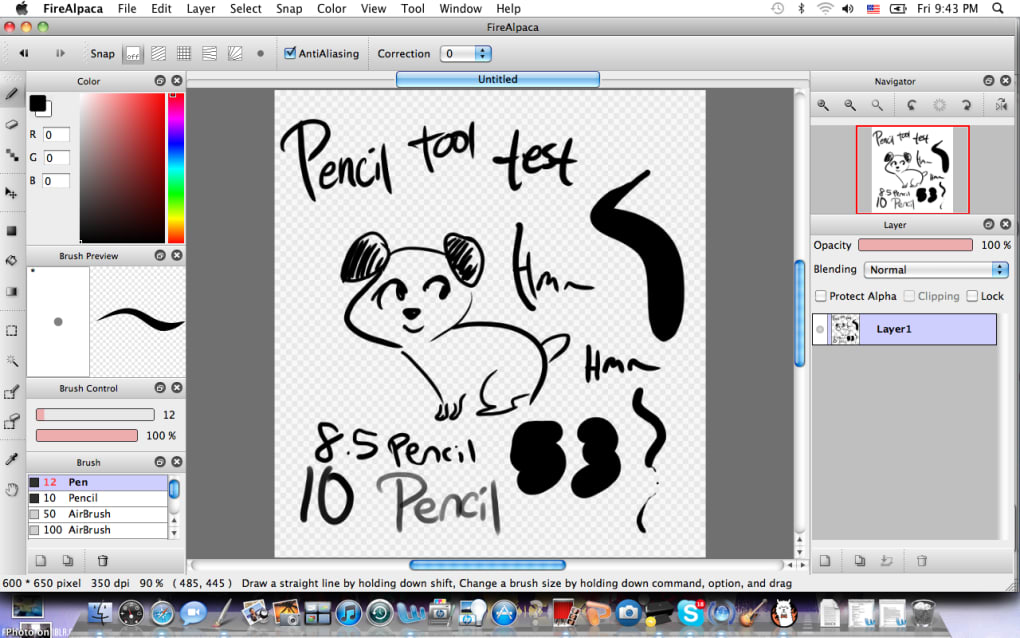
FireAlpaca, a free and user-friendly digital painting software, provides a versatile canvas for artistic expression. However, understanding the canvas dimensions and resolution is crucial for achieving optimal results and ensuring compatibility with various platforms and printing needs. This guide delves into the process of obtaining canvas information within FireAlpaca, highlighting its significance for artists and designers.
The Importance of Canvas Information
Canvas dimensions, expressed in pixels (width x height), determine the physical size of the artwork. Resolution, measured in pixels per inch (PPI), dictates the level of detail and clarity within the image. Understanding these parameters is vital for:
- Print Quality: Higher resolution ensures crisp and detailed prints, especially for large-scale prints or those requiring intricate details.
- Web Compatibility: Different online platforms have varying image size and resolution requirements. Knowing your canvas information ensures optimal display and avoids pixelation or distortion.
- File Size Management: Larger canvas dimensions and higher resolution lead to larger file sizes, impacting storage space and download times.
- Design Consistency: Maintaining consistent canvas dimensions across different projects ensures seamless integration and a unified visual style.
Accessing Canvas Information in FireAlpaca
FireAlpaca offers two primary methods for obtaining canvas information:
1. The Canvas Size Window:
- Location: The Canvas Size window is accessible through the "File" menu at the top of the FireAlpaca interface.
- Content: This window displays the current canvas dimensions in pixels (width x height) and the resolution in PPI.
- Modification: You can adjust the canvas dimensions and resolution directly within this window by entering new values.
2. The Status Bar:
- Location: The status bar is located at the bottom of the FireAlpaca window.
- Content: The status bar dynamically displays the current cursor position, zoom level, and canvas size in pixels.
- Functionality: While the status bar doesn’t display resolution, it provides a quick reference for canvas dimensions during the painting process.
Understanding Canvas Dimensions and Resolution
Canvas Dimensions:
- Pixels: Canvas dimensions are expressed in pixels, representing individual dots that form the image.
- Aspect Ratio: The ratio between the width and height of the canvas, often expressed in a simplified form (e.g., 16:9 or 4:3), influences the overall composition and visual balance of the artwork.
Resolution:
- Pixels per Inch (PPI): Resolution refers to the number of pixels packed into one inch of space. Higher PPI equates to greater detail and clarity.
- Print Quality: For high-quality prints, a resolution of 300 PPI is generally recommended. Lower resolutions may result in pixelation or blurring, particularly when printed at larger sizes.
- Web Compatibility: Websites typically have recommended image sizes and resolutions for optimal display. Understanding these guidelines ensures your artwork looks its best online.
Tips for Managing Canvas Information in FireAlpaca
- Planning Before Painting: Define your canvas dimensions and resolution before starting a new project to ensure compatibility with your intended use (print, web, etc.).
- Experiment with Resolutions: Test different resolutions to find the optimal balance between detail and file size for your needs.
- Consider File Size: Larger canvas dimensions and higher resolutions lead to larger file sizes, impacting storage space and download times. Optimize file size for your specific purpose.
- Use Guides: FireAlpaca allows you to create guides within the canvas to help maintain proportions and alignment, particularly when working with specific aspect ratios.
FAQs on Canvas Information in FireAlpaca
Q: How do I change the canvas size after I start painting?
A: You can modify the canvas size even after starting a project. Simply go to "File" > "Canvas Size" and adjust the dimensions as needed. Note that resizing the canvas may affect the position of existing elements.
Q: What resolution should I use for printing my artwork?
A: For high-quality prints, aim for a resolution of 300 PPI. However, the required resolution may vary depending on the print size and desired level of detail.
Q: Can I resize my canvas without affecting the resolution?
A: No, resizing the canvas will change the resolution. Increasing the canvas size will lower the resolution, while decreasing it will increase the resolution.
Q: How do I create a canvas with a specific aspect ratio?
A: When creating a new canvas, you can specify the desired aspect ratio in the "Canvas Size" window. Alternatively, you can use guides to maintain proportions during the painting process.
Conclusion
Understanding canvas dimensions and resolution is paramount in FireAlpaca, enabling artists and designers to create high-quality artwork suitable for diverse purposes. By utilizing the available tools and implementing effective strategies, users can optimize their canvas settings for print, web, and other creative endeavors. Mastering these fundamental concepts empowers artists to confidently navigate the world of digital art creation, ensuring their work is displayed and shared with the desired level of quality and clarity.
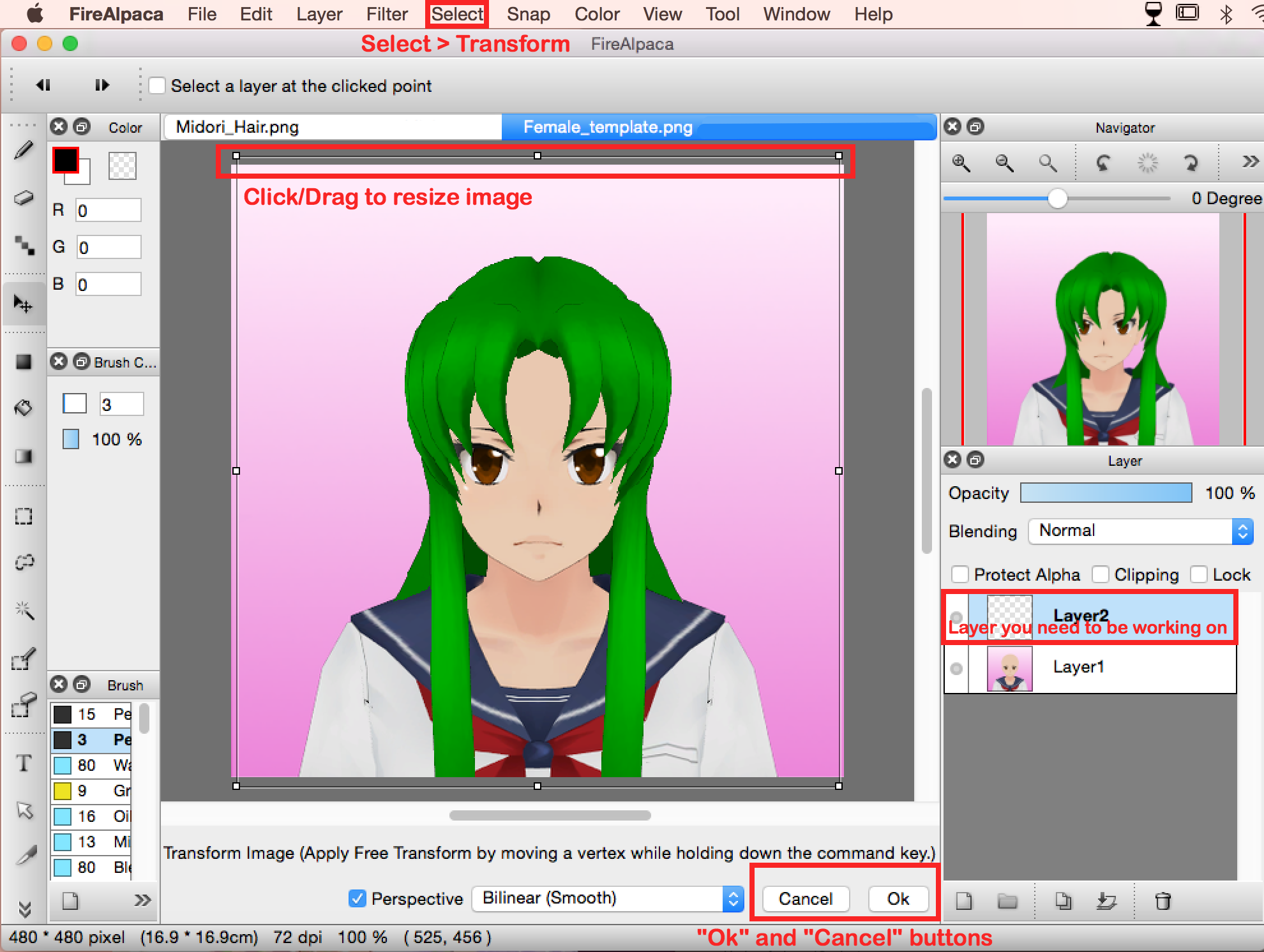
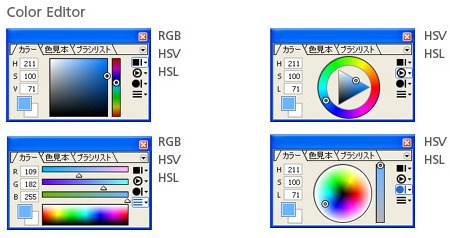
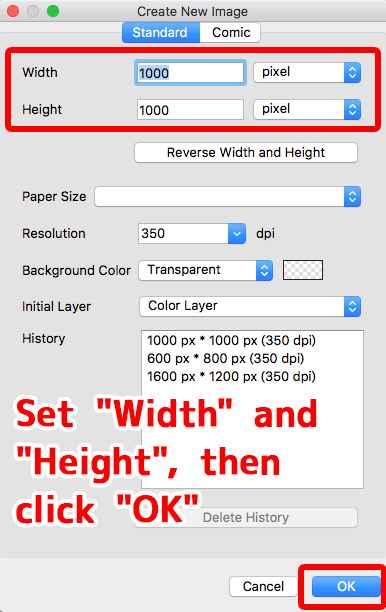


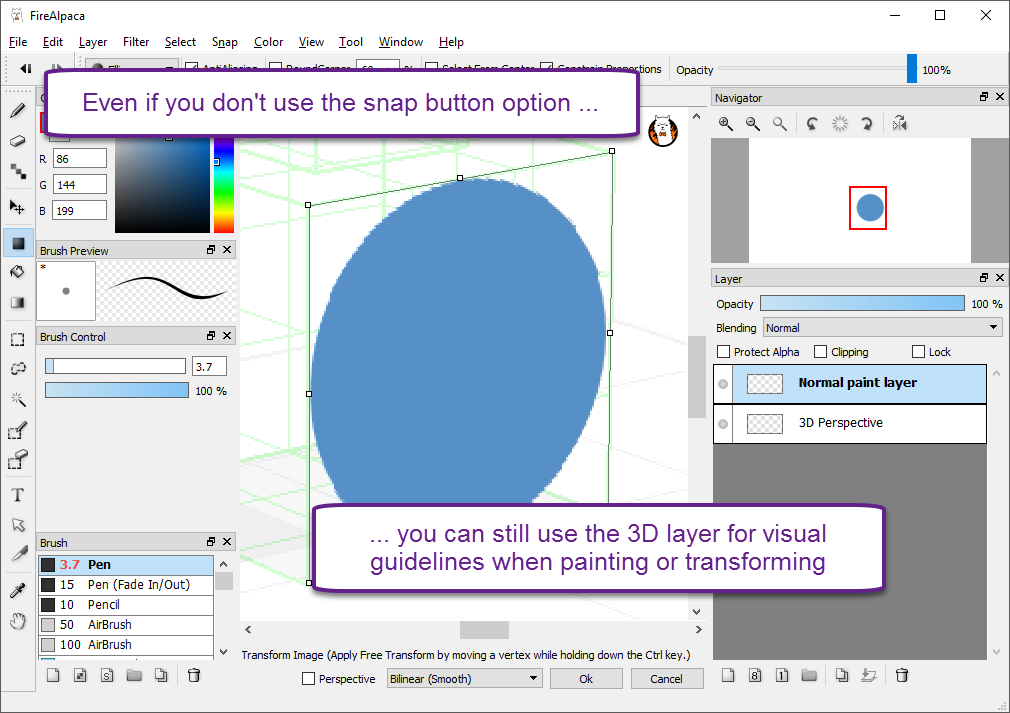
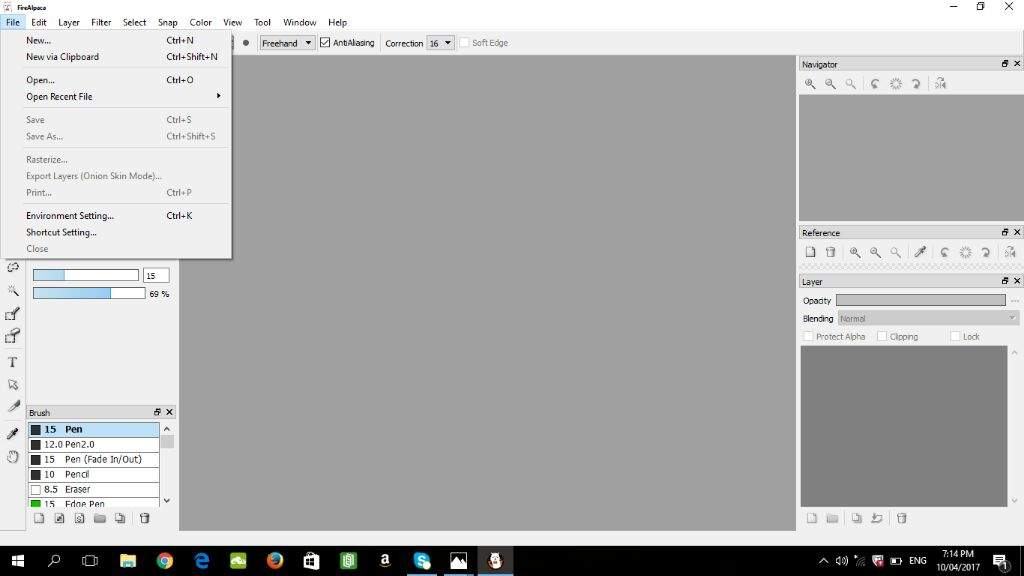
![Illustration techniques [Alpaca School]](http://firealpaca.com/images/tips/lectures/fa_tips_0098_02_en.gif)
Closure
Thus, we hope this article has provided valuable insights into Understanding Canvas Dimensions and Resolution in FireAlpaca: A Comprehensive Guide. We hope you find this article informative and beneficial. See you in our next article!